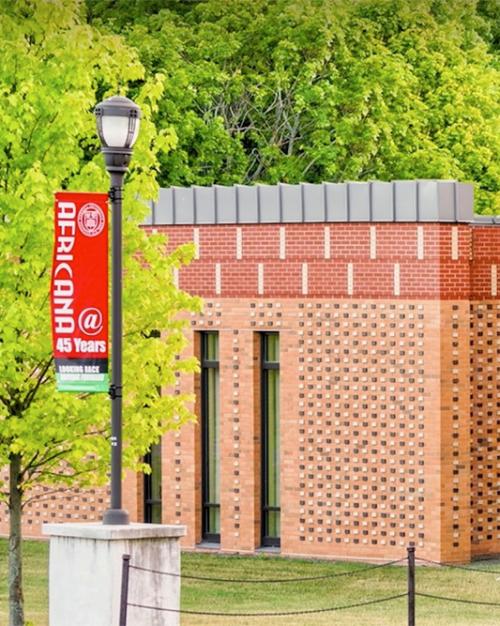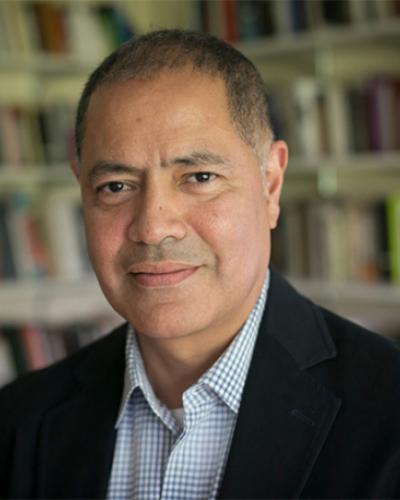I [Gerard Aching] was very saddened by the news of KAR’s passing. They had enrolled in two courses with me in the spring of 2020: Underground Railroad Seminar (an Africana course) and the Rural Humanities Seminar (offered through the Rural Humanities Initiative, funded by the Andrew W. Mellon Foundation and housed in the Society for the Humanities). We also had several fruitful conversations outside of the classroom because of their deep engagement with African American history and culture. On at least a couple of occasions, KAR referred to the fact that although they presented as white, they were deeply respectful of their black heritage and very close to their black relatives, who they credited with caring for them and their education. KAR introduced themselves to me as a non-traditional undergraduate. They always carried themselves with dignity and grace. I suspected, but cannot confirm, that they were or had been a dancer: they always sat upright in our seminars and possessed great poise. KAR was one of the most attentive and respectful students that I’ve had the pleasure to engage with inside and outside the classroom. Behind their evident humility lay deep and strong convictions about social justice, and they demonstrated the intelligence, imagination and stamina to engage in its pursuit. One readily got the sense that KAR’s life experiences and education informed their vibrant intellectual curiosity. We know that they focused their formal studies on the environment and sustainability, but I can also attest to their proficient analyses of the 19th century slave narratives that we studied in the Underground Railroad Seminar. So pleased was I about their performance in our seminar that I gladly wrote a letter of recommendation on their behalf to undertake a summer internship for an underground railroad archaeological excavation in Michigan. They also occasionally contacted me to comment on or ask questions about public lectures that I had given or to alert me to texts or events that came to their attention. In the Rural Humanities Seminar, my colleagues and I witnessed one of KAR’s impressive talents: the ability to come up with ambitious and original community-engaged projects. These projects consistently had two valuable features. The first was their penchant for understanding and promoting relations between scholars, students and community partners in very stimulating and imaginative ways. The second was their insistence on respectful and mutually beneficial working relationships with community partners from day one. In this sense, KAR’s skills, talents, conscientiousness and care were at the forefront of how we imagined young, engaged scholars could be; we felt convinced that they would hit the ground running as they dedicated themselves to finding ways to do good in the world. Finally, I heard that KAR was an artist. I did not have the opportunity to get to know that side of them, but I was impressed with the caliber of the musicians that they knew and hung out with in New York City. After COVID obliged us to go online, we began a conversation about organizing an online concert with some of those musicians for us at Cornell. KAR was never without significant projects or ideas for new ones. I learned from KAR and feel honored to have been an interlocutor in areas of mutual interest and curiosity. We will be deprived of the results of KAR’s great potential to realize richly imaginative and socially beneficial work that they demonstrated while they were among us. I admire how diligently KAR worked at sharing their talents, concerns and convictions as a young scholar and artist. It is only fitting that we find inspiration in KAR’s achievements and aspirations. Read more about how the Cornell community remembers KAR Robison.

Historical marker commemorates Toni Morrison’s time in Ithaca
Cornell Chronicle




